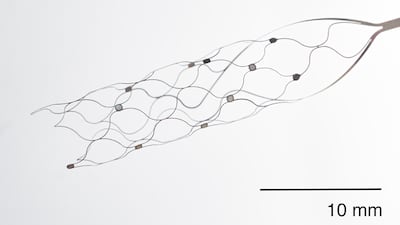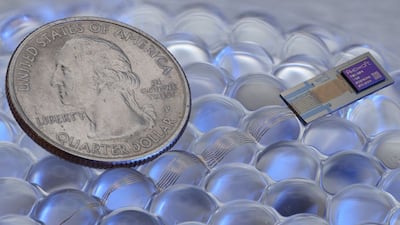Companies that develop advanced technologies and robotics that can help neurosurgeons improve their workflow, create efficiencies and improve outcomes will catapult spine surgery capabilities to a higher level, according to an expert panel at this year’s virtual North American Spine Society meeting.
During a panel on 8 October, neurosurgeons from different US institutions offered their perspectives on the current state and future of robotic spine surgery, new applications for navigation systems, 3D printing technologies and augmented reality in the operating suite
Read the full article – start your free trial today!
Join thousands of industry professionals who rely on Medtech Insight for daily insights
- Start your 7-day free trial
- Explore trusted news, analysis, and insights
- Access comprehensive global coverage
- Enjoy instant access – no credit card required
Already a subscriber?








